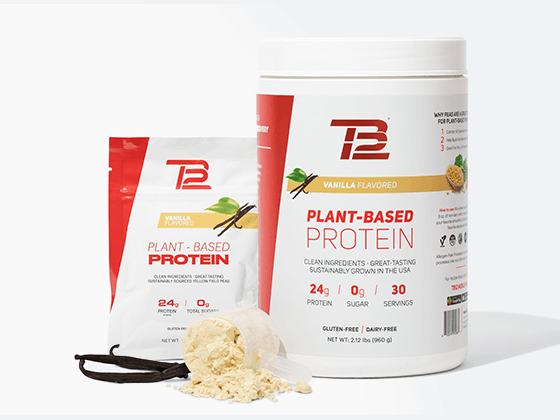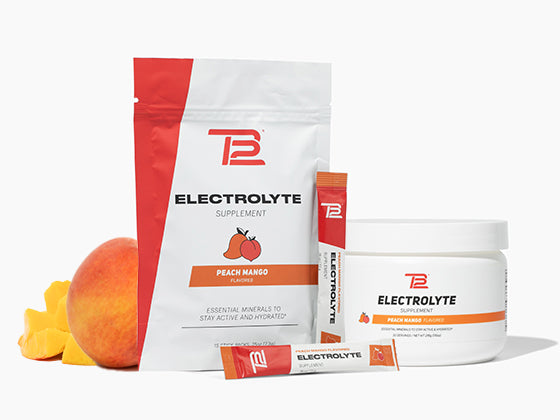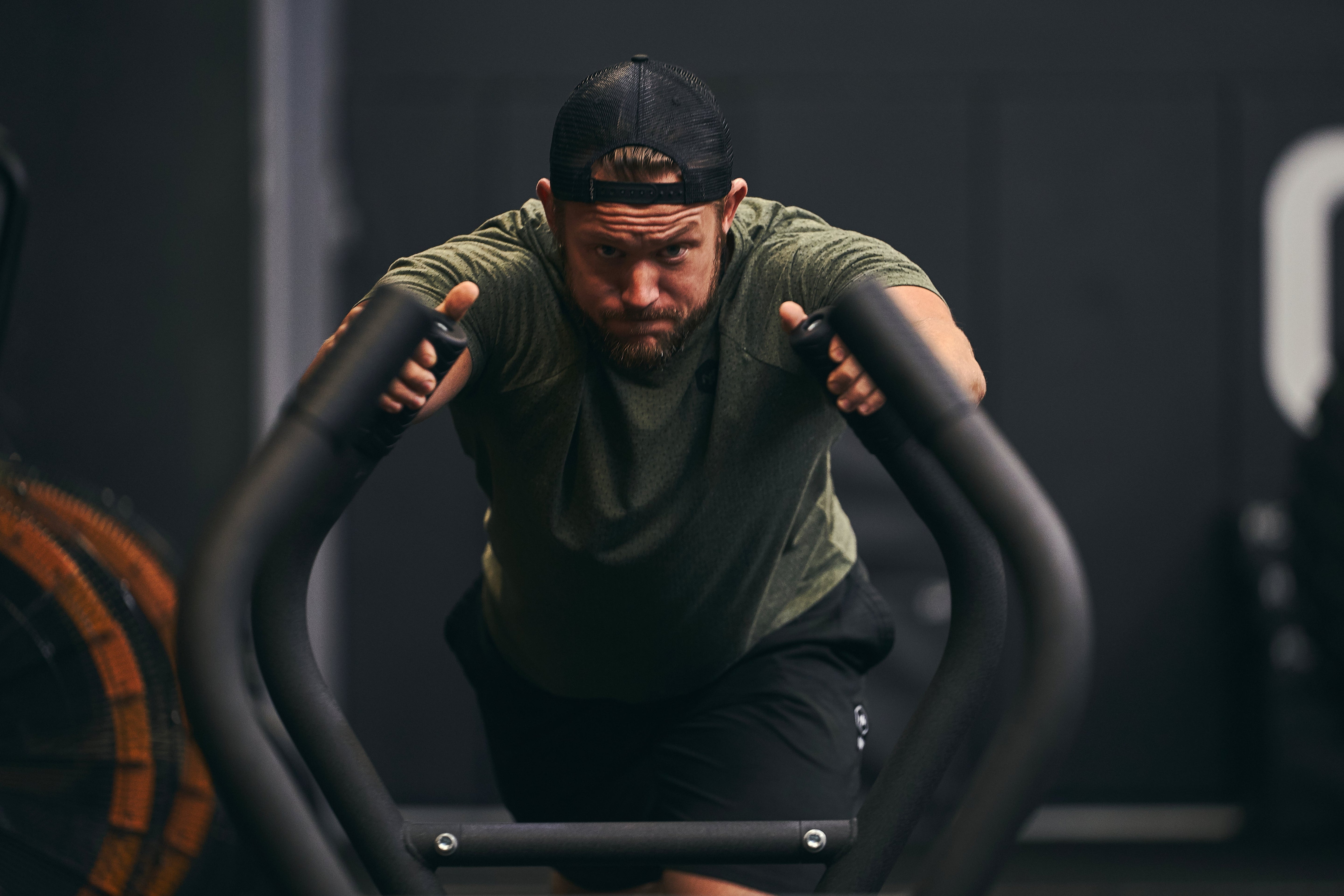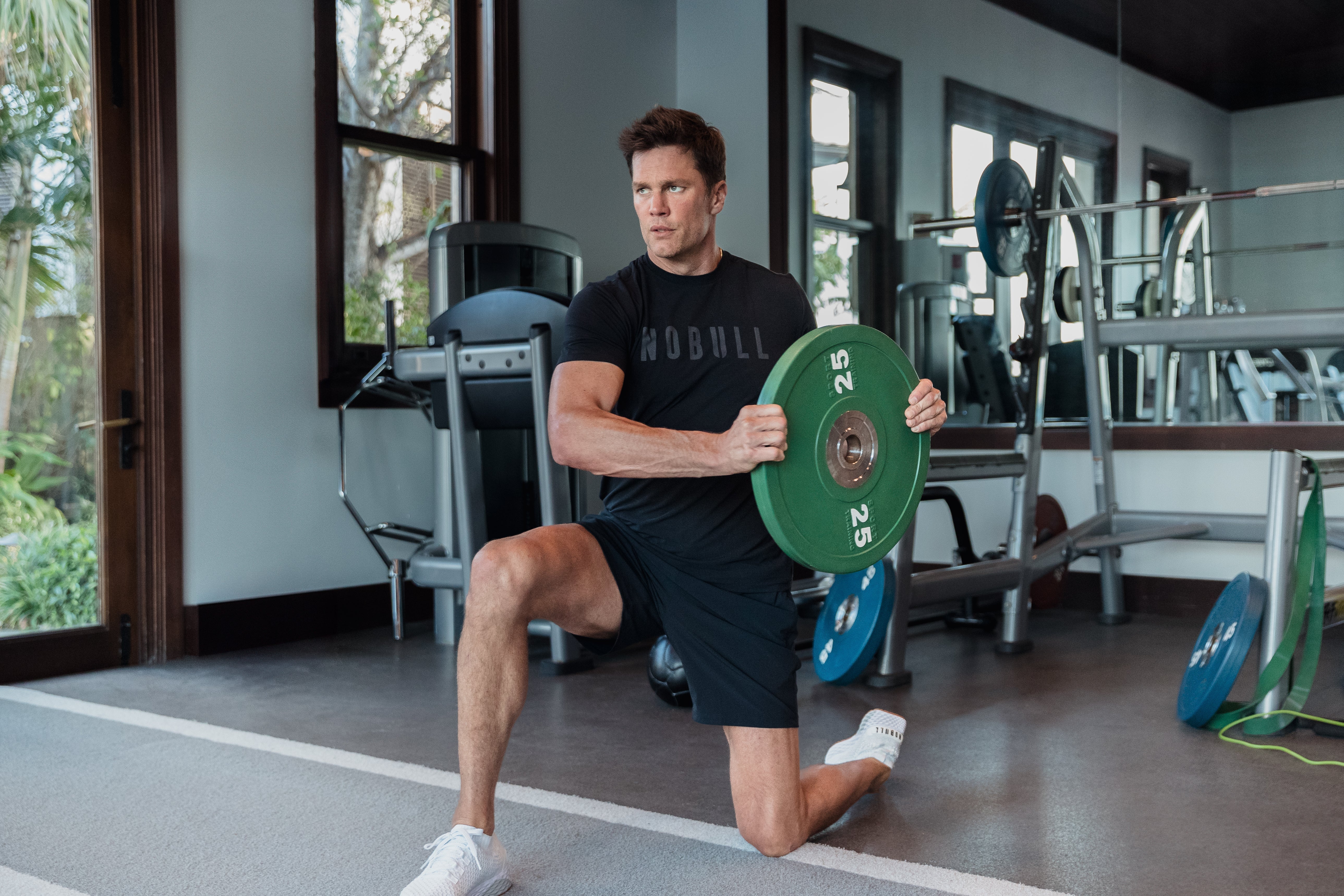Men’s health has had quite the come up. Not long ago, the topic was taboo. Conversations about hormones, energy levels, and God forbid, libido, were held at a whisper, if they were had at all.
Today, men’s health not only holds a place in conversation, but it is front and center. Longevity, performance, body composition, the list continues, are all fair game for open and honest dialogue.
And at the center of all these topics: testosterone.
The basics of testosterone in men are generally well understood. Production starts to ramp up as young men hit puberty and starts to influence almost every system in the body. Its anabolic effects help build muscle and support recovery, while its androgenic effects influence traits like facial hair and voice changes.
But testosterone doesn’t stop after puberty. It continues to support the multiple physiological processes that underlie the foundation of men’s health (source). Unfortunately, testosterone levels have a shelf life and start to decrease somewhere between the 20 and 30 (source), with noticeable decreases later in life.
Between the known benefits and the slow drop off in the back half of life lies the answer to why thousands, if not millions, are searching to support this priceless hormone at any cost. During their search, many come across testosterone replacement therapy, or TRT.
TRT is exactly what it sounds like. After being diagnosed with low testosterone, medical professionals administer testosterone and other clinically relevant hormones to help increase testosterone levels and promote the physical and psychological benefits associated with it. From injections to patches, gels, and pellets, these treatment methodologies vary greatly. But they all have the same purpose: boosting testosterone.
While medical intervention is extremely effective and helpful, it is not a magic bullet. There is more that can be done to protect and promote this precious hormone.
By following some of the methods below, optimal testosterone can be supported.
Sleep
Sleep isn’t just downtime; it’s prime time for testosterone production. Deep, uninterrupted rest fuels your body to rebuild, repair, and elevate natural hormone levels.
A 2015 study in JAMA demonstrated that when sleep is restricted to five hours for one week testosterone decreased levels by 10% to 15%. To put that into perspective, that is the equivalent of aging roughly 10 years in testosterone levels.
Sleep is one of the easiest, potentially most efficient, ways to support testosterone concentrations. Finding ways to support sleep performance, like creating an optimal sleep environment, cutting screen time, and supplementing with TB12’s Sleep, will pay dividends in the testosterone department.
Stress Management
Stress is famously associated with increased cortisol concentrations. The presence of cortisol has been shown to negatively affect testosterone concentrations (source). Finding ways, like meditation, to help decrease stress levels can work wonders for helping to correct cortisol levels.
By decreasing the frequency of cortisol spikes, healthy testosterone levels can be more easily maintained.
Maintain a Healthy Body Composition
Carrying extra weight kills performance in more ways than one, and testosterone is one of the main casualties. A 2009 study from Clinical Endocrinology found that obese men exhibited lower testosterone levels compared to their leaner counterparts. On the flipside, improvements in body composition were shown to be associated with improvements in testosterone levels (source).
Putting it together, body composition can have massive implications for testosterone levels. Maintaining a healthy body composition helps maintain healthy testosterone concentrations.
Train Regularly
A regular training schedule is associated with healthy testosterone concentrations (source). Most often, the acute effects of exercise on testosterone are the focus of conversation. While there are notable changes, they are often short-lived.
Many of the lasting positive effects are most likely facilitated through positive changes in body composition, a benefit of regular training.
Getting in the gym and out on the road on a regular cadence will greatly benefit multiple aspects of your life, including testosterone levels.
Eat More Zinc
Zinc plays a crucial role in testosterone-supporting enzyme activity (source). Supplementing with zinc and consuming zinc-rich foods can support these processes and their associated testosterone concentrations (source).
Finding ways to include zinc in your every day diet will aid in promoting healthy testosterone.
Supplement with Ashwagandha
Ashwagandha, a key ingredient in TB12’s Perform, is a time-tested adaptogen that has been shown to interact with the hypothalamic–pituitary–adrenal (HPA) axis and support many factors that promote healthy testosterone levels. By supporting aspects of daily life like, sleep performance, body composition maintenance, physical performance, and stress management, ashwagandha helps promote testosterone through auxiliary support.
Because of this auxiliary support and its interactions with the HPA axis, it is no surprise that supplementation with ashwagandha has also been shown to promote healthy testosterone levels (source).
If men are going to go the distance, then testosterone has to be taken seriously. Finding ways to support optimal concentrations will help unlock coveted longevity and performance.
Whether going through TRT, considering it, or just aware of personal concentrations, testosterone support does not stop at medical intervention. It takes a holistic approach and dedications for true optimization.





